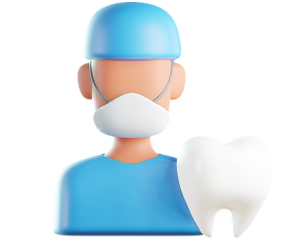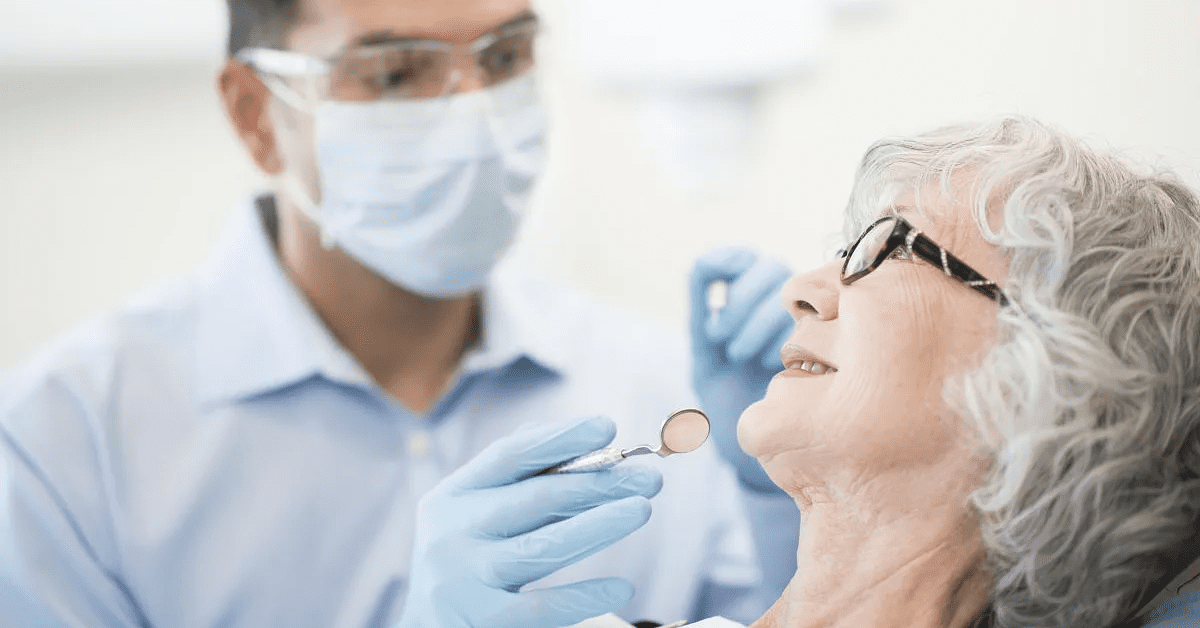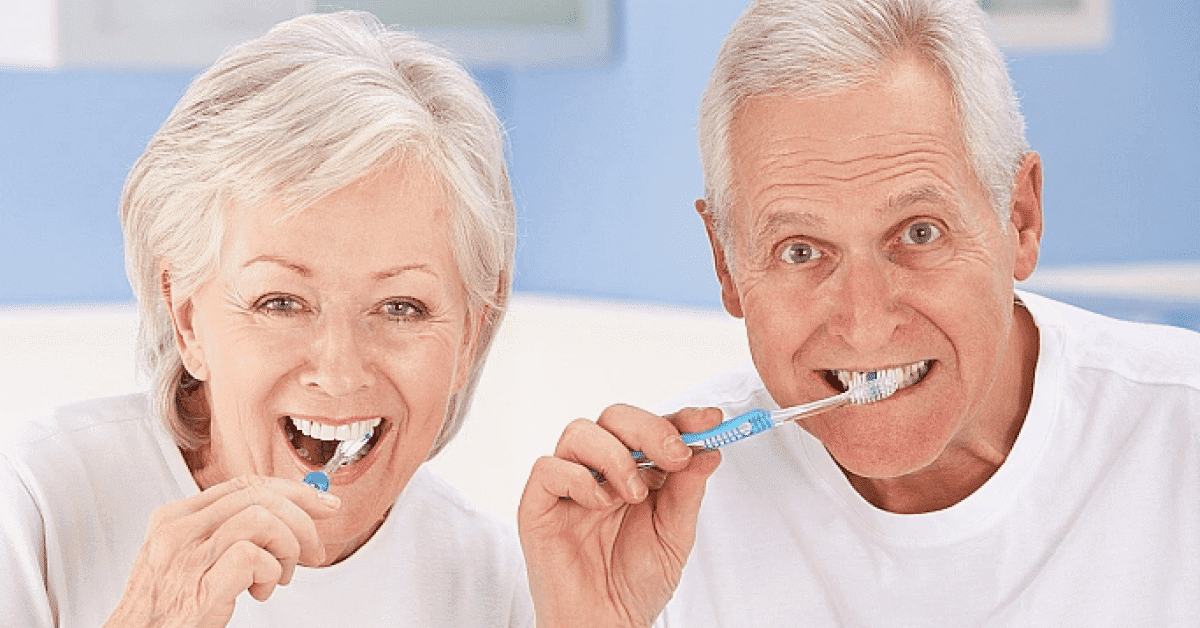Comprehensive Dental Care for Seniors Promoting Oral Health and Well-Being
With the global population aging at an unprecedented rate, the demand for specialized dental care for seniors has never been higher. Older adults face a multitude of unique challenges when it comes to oral health, ranging from age-related dental issues to difficulties in accessing dental services. Ensuring that seniors receive comprehensive dental care is not only crucial for maintaining healthy teeth and gums but also for promoting their overall well-being and quality of life.


As individuals age, they undergo various physiological changes that can significantly impact their oral health. Common age-related oral health concerns among seniors include gum disease, tooth decay, tooth loss, dry mouth, and oral cancer. These issues can be exacerbated by factors such as chronic medical conditions, medications, reduced salivary flow, and decreased manual dexterity, all of which may contribute to a higher risk of dental problems. Therefore, it is essential to provide seniors with tailored dental care that addresses their specific needs and challenges.
Preventive measures play a crucial role in maintaining seniors' oral health. Regular dental check-ups are essential for early detection and treatment of dental issues, allowing seniors to address problems before they escalate. These check-ups also provide an opportunity for dental professionals to assess seniors' oral hygiene practices, provide education on proper oral care techniques, and offer personalized recommendations for improving dental health. By emphasizing preventive care, seniors can reduce the incidence of oral diseases and maintain healthy smiles well into their later years.
In addition to preventive care, treatment options for seniors should be carefully tailored to their individual needs and circumstances. Dental professionals must consider factors such as overall health status, medication use, cognitive function, and mobility limitations when developing treatment plans for seniors. For example, seniors with chronic conditions such as diabetes or cardiovascular disease may require specialized dental care to prevent complications and ensure optimal outcomes. Moreover, dental treatments should be adapted to accommodate age-related changes in oral structures and tissues, such as bone loss and decreased saliva production, to achieve successful results.
Dental implants have emerged as a valuable solution for seniors dealing with tooth loss. Unlike traditional dentures, dental implants offer a permanent and stable replacement for missing teeth, allowing seniors to enjoy restored chewing function, improved speech clarity, and enhanced aesthetics. Dental implants also help preserve jawbone integrity by providing stimulation to the bone, preventing the bone resorption that commonly occurs after tooth loss. By restoring their smiles and oral function, seniors can experience an improved quality of life and greater confidence in social interactions.
Proper oral hygiene practices are essential for seniors to maintain healthy teeth and gums. However, older adults may face challenges in performing daily oral care due to physical limitations, cognitive impairment, or lack of awareness of proper dental hygiene techniques. Caregivers and family members play a vital role in supporting seniors with their oral care routines, ensuring that they brush and floss regularly, use mouthwash to combat bacteria, and stay hydrated to prevent dry mouth. Dental professionals can also provide guidance on adaptive devices, such as electric toothbrushes or floss holders, to facilitate effective oral hygiene for seniors.
Effective communication between dental providers, seniors, and their caregivers is key to ensuring successful dental care outcomes. Seniors may have specific concerns or preferences regarding their dental treatment, such as fear of dental procedures, financial constraints, or limited mobility. By fostering open dialogue and understanding their needs, dental professionals can tailor their services to accommodate seniors' preferences and address any anxieties they may have. Providing a compassionate and supportive environment during dental visits can help alleviate seniors' fears and promote a positive dental experience.
Maintaining good oral health is not only essential for seniors' dental well-being but also contributes to their overall health and quality of life. Research has shown that poor oral health is linked to various systemic conditions, including cardiovascular disease, diabetes, respiratory infections, and cognitive decline. By addressing seniors' oral health needs proactively, dental professionals can help prevent these comorbidities and improve seniors' overall health outcomes. Oral health is a vital component of healthy aging, and prioritizing comprehensive dental care for seniors is essential in supporting their well-being in later life.


Ad
Dental Articles











